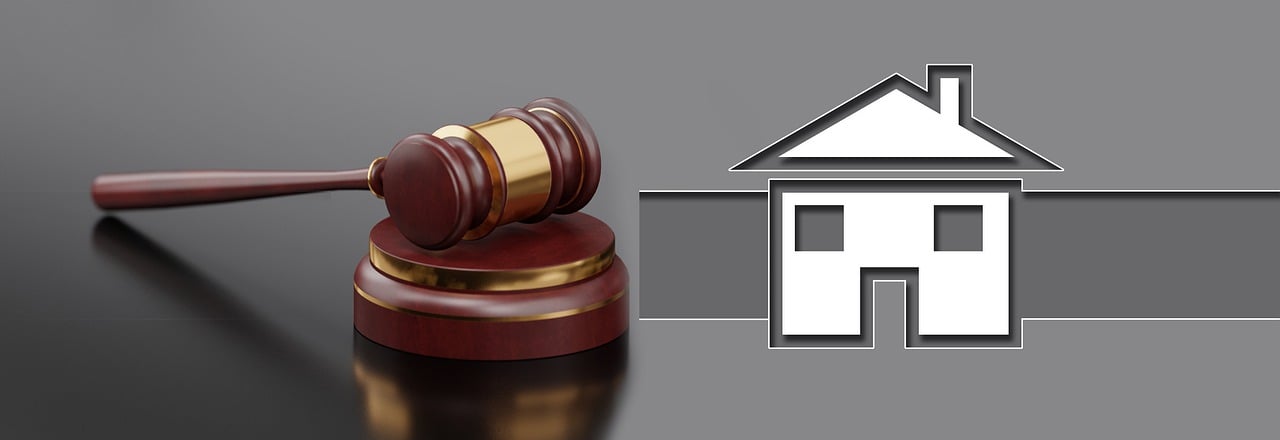Foreclosure might sound a bit scary but is super important to understand
So, what exactly is foreclosure? Well, it’s basically your home’s worst nightmare. Imagine falling behind on your mortgage payments, and then your lender decides to take your house back. Yeah, not exactly the fun stuff.
Foreclosure is more than just a financial setback; it’s a multifaceted issue with significant repercussions. Let’s drive into what drives foreclosure, its wide-ranging impacts, and explore potential solutions to mitigate its effects.
Understanding the Causes
Foreclosure is often triggered by various factors. Economic downturns, job loss, illness, divorce, and predatory lending practices are among the common contributors. However, it typically begins with missing mortgage payments. Life throws a curveball – unexpected expenses, illness, job loss – and suddenly, keeping up with your mortgage is a struggle.
When homeowners face financial strain and struggle with mortgage payments, they become susceptible to foreclosure actions from lenders. Factors like inflated property values, subprime lending, and adjustable-rate mortgages can worsen the risk, creating a precarious situation for affected homeowners.
What happens Next
1. Notice of Default: After a few missed payments (usually around three), your lender sends you a Notice of Default. Translation: “Hey, you’re falling behind, and we’re not thrilled about it.”
2. Foreclosure Time: If things don’t get better, your lender can start the whole foreclosure process. This means they’re legally trying to take your home back to cover what you owe them.
3. Auction Day: Eventually, if nothing changes, your home might get sold at a foreclosure auction. It’s like a last-ditch effort for your lender to get the money loaned back.
4. Eviction: If your home does get sold, and you’re still living there, you’ll probably have to pack up and go. Yeah, it’s a rough moment.
Impacts on Individuals and Communities
The effects of foreclosure extend beyond individuals to entire communities, leaving a lasting impact. For homeowners, it can lead to financial turmoil, damaged credit, and the loss of their home – a significant asset. Emotionally, it can bring feelings of shame and despair. Communities also suffer as foreclosed properties sit vacant, becoming hotspots for crime and dragging down property values. Tax revenues decline, and neighborhoods experience social upheaval as families are displaced.
Potential Solutions
But here’s the thing: it’s not all bad news! There are ways to avoid foreclosure.
1. Talking to your lender could stave off foreclosure and give you an opportunity to get current on your mortgage.
2. Looking into loan changes including refinancing with a different lender.
3. Selling your home before things get too crazy is one of the solutions that gives you control over the financial outcome and may net you enough money to pay off your current mortgage and get into another home.
Reaching out to a trusted Real Estate Professional with foreclosure experience can help transform a stressful situation into a new path that creates a clear outline for financial improvement.
The overarching solutions surrounding foreclosure require a comprehensive approach involving government intervention, regulatory changes, and community-driven efforts. Measures such as foreclosure moratoriums, loan modification programs, and counseling can offer temporary relief and stabilize housing markets. Strengthening consumer protections, promoting financial literacy, and holding lenders accountable for predatory practices are vital steps. Investing in affordable housing and community development initiatives can rejuvenate neighborhoods and provide support to those affected by foreclosure.
Although foreclosure is a complex issue with far-reaching consequences, understanding its causes and impacts is the first step towards finding solutions. By working collaboratively and implementing effective strategies, we can create a more equitable housing system and mitigate the adverse effects of foreclosure on individuals and communities alike.
Being aware of your financial situation and proactively speaking to your lender or utilizing a solution such as selling your home before foreclosure proceedings can often yield much better results and give you some level of control over the situation.
Quinn Fenwick, ACA
Advanced Commercial Advisor (ACA)
Certified Real Estate Negotiator
REALTOR® PowerAgent
Residential and Commercial – Real Estate Investment Specialist
Direct: (551) 337-1429
Office: (610) 866-4423
realestatequinngroup@gmail.com
www.realestatequinn.com
Instagram: @realestatequinn
Facebook: @therequinncompany

 Facebook
Facebook
 Twitter
Twitter
 Pinterest
Pinterest
 Copy Link
Copy Link


